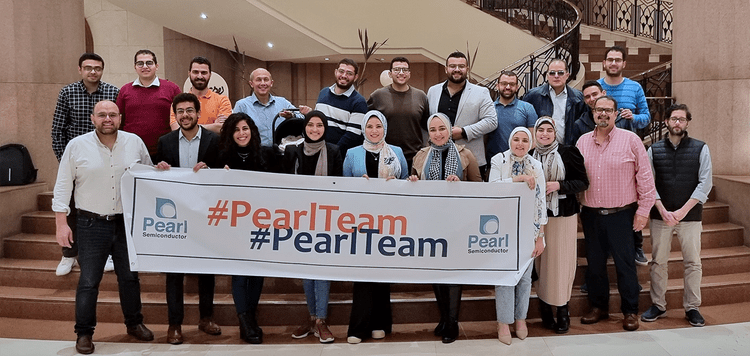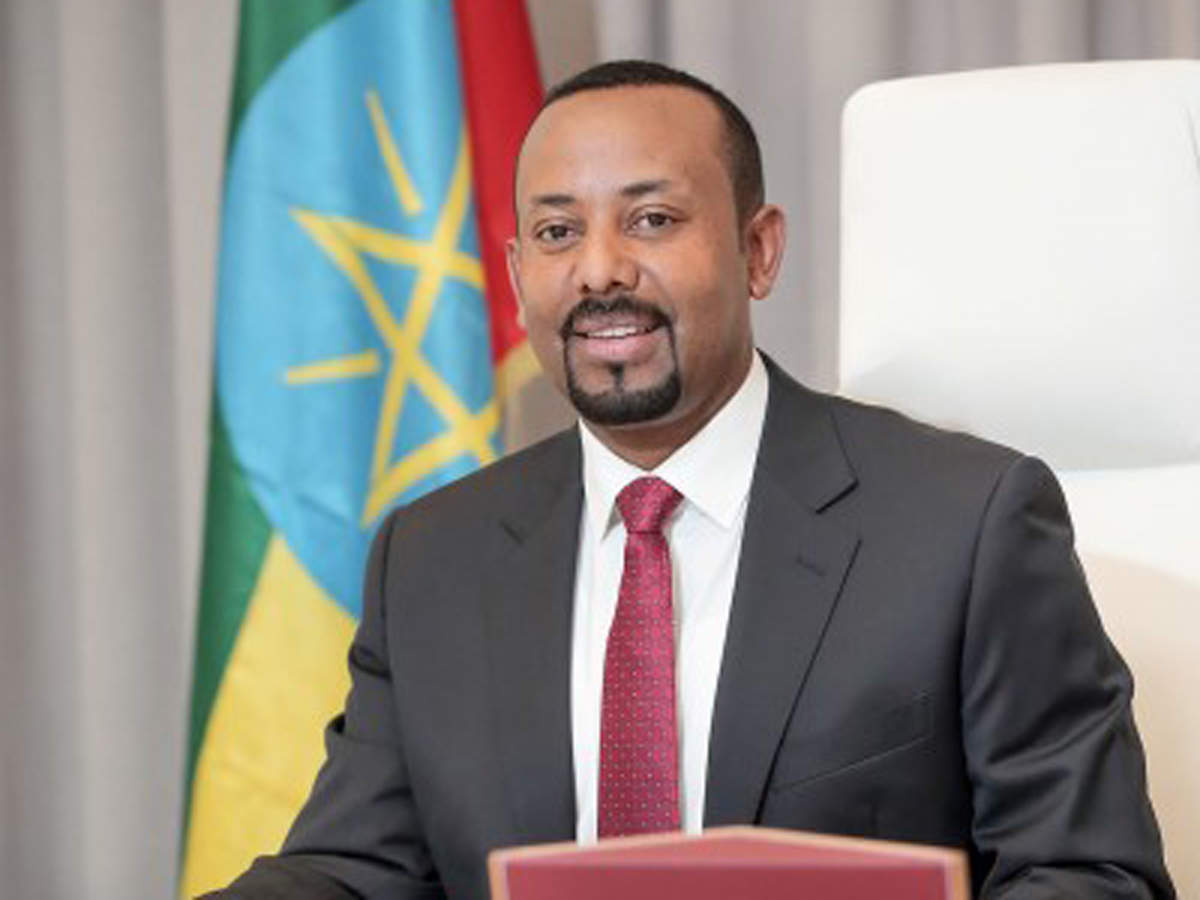How Sony Ventures Plans to Deploy Its New $10M Fund in African Startups
Sony Ventures plans to deploy its new $10 million fund in African startups with a focus on entertainment businesses. The fund, known as Sony Innovation Fund: Africa (SIF: AF), is set to support early-stage startups operating in the fields of gaming, music, film, and content distribution. This initiative is part of Sony Ventures Corporation’s broader efforts to back technology businesses across different markets and stages.
In 2022, Sony Ventures established the Sony Innovation Fund 3 with $215 million to support emerging technology companies across all stages. Through its various investment arms, including Sony Innovation Fund (SIF), Sony Innovation Growth Fund (a joint venture with Daiwa Capital Holdings), and Sony Innovation Fund: Environment, Sony Ventures has made more than 100 investments in various sectors, including entertainment, robotics, AI, mobility, fintech, healthcare, logistics, and SaaS.

Despite fintech being the most funded sector in Africa, Sony Ventures is focusing on entertainment startups for its initial entry into the African market. According to Gen Tsuchikawa, CEO of Sony Ventures, the company’s mission is to combine creativity and technology to enhance entertainment experiences worldwide. Africa’s vibrant community of creators and entrepreneurs looking to innovate in the entertainment sector has driven Sony to establish SIF: AF.
read also Egyptian Insurtech Amenli Closes $1 Million Funding Round with Key Investors
Sony’s Africa-focused fund aims to provide much-needed support to entertainment tech startups in Africa, which have historically struggled to secure consistent venture capital. According to Partech Africa, these startups received only $42 million in 2022, accounting for just 0.9% of Africa’s total venture capital investments, despite the substantial potential in gaming, music, movies, and content distribution.
For example, the gaming market in Sub-Saharan Africa is expected to exceed $1 billion by 2024. Video-on-demand subscriptions and the music industry are also on the rise, with considerable growth in these areas expected in the coming years.
Sony Ventures plans to offer follow-on investments to its portfolio companies in addition to its seed and early-stage investment strategy. While there’s no fixed timeframe for deploying the $10 million or a specific number of startups to invest in, the fund anticipates ticket sizes ranging from $250,000 to $1 million.
Initially, Sony Innovation Fund: Africa will focus its efforts on South Africa, Kenya, Nigeria, and Ghana, but there’s potential for expansion in the future. The fund’s activities in Africa will be supported by the Sony Ventures team in Europe, with the intention of hiring a full-time member on the continent to manage venture capital sourcing.
read also Inside Egypt: The Foreign Currency Debit Card Payments Ban and How Startups are Coping
Sony Ventures’ commitment to supporting African entertainment startups demonstrates its recognition of the region’s untapped potential and its desire to foster the growth of the entertainment industry in Africa through technology and innovation.
Charles Rapulu Udoh

Charles Rapulu Udoh is a Lagos-based lawyer, who has several years of experience working in Africa’s burgeoning tech startup industry. He has closed multi-million dollar deals bordering on venture capital, private equity, intellectual property (trademark, patent or design, etc.), mergers and acquisitions, in countries such as in the Delaware, New York, UK, Singapore, British Virgin Islands, South Africa, Nigeria etc. He’s also a corporate governance and cross-border data privacy and tax expert.
As an award-winning writer and researcher, he is passionate about telling the African startup story, and is one of the continent’s pioneers in this regard


















